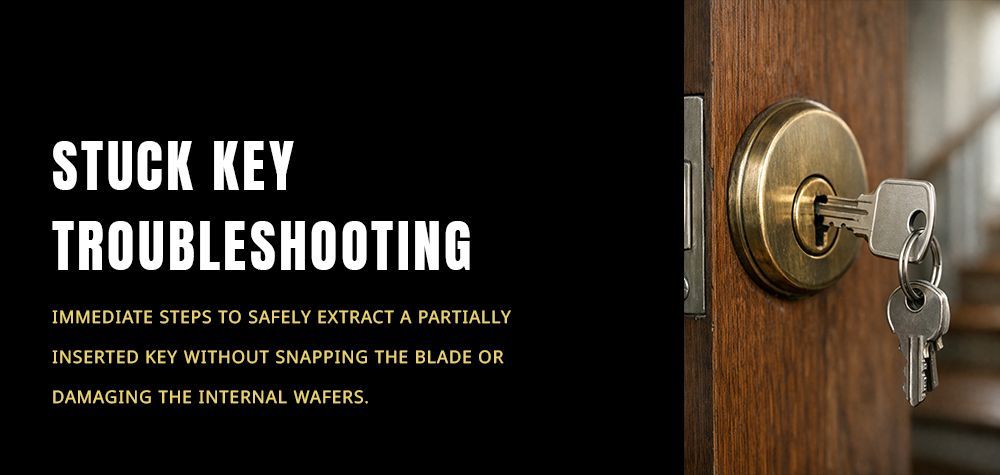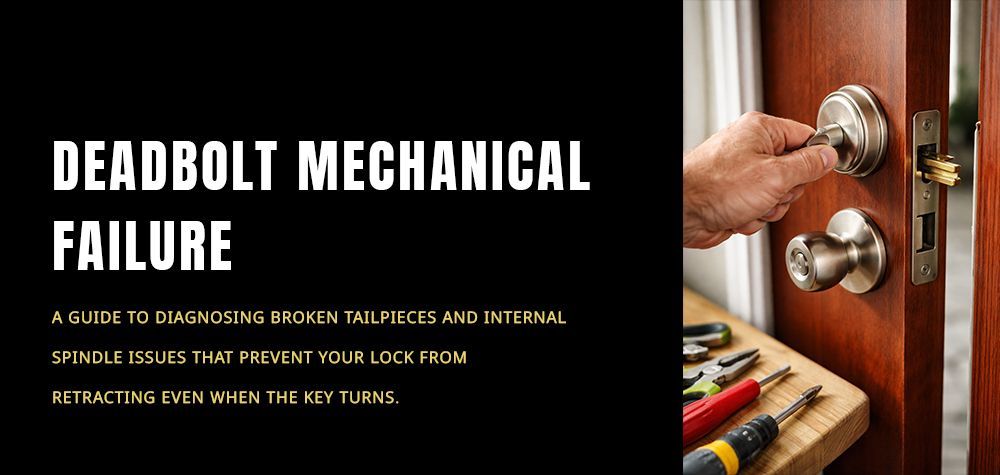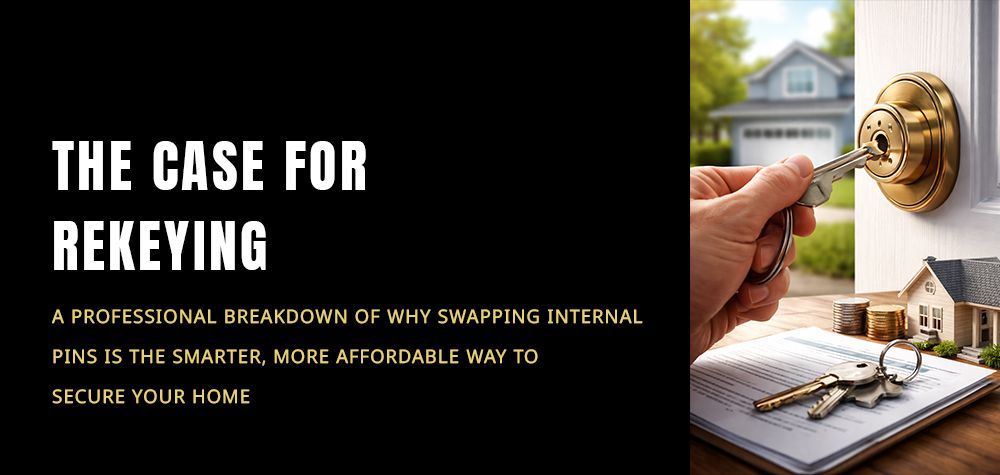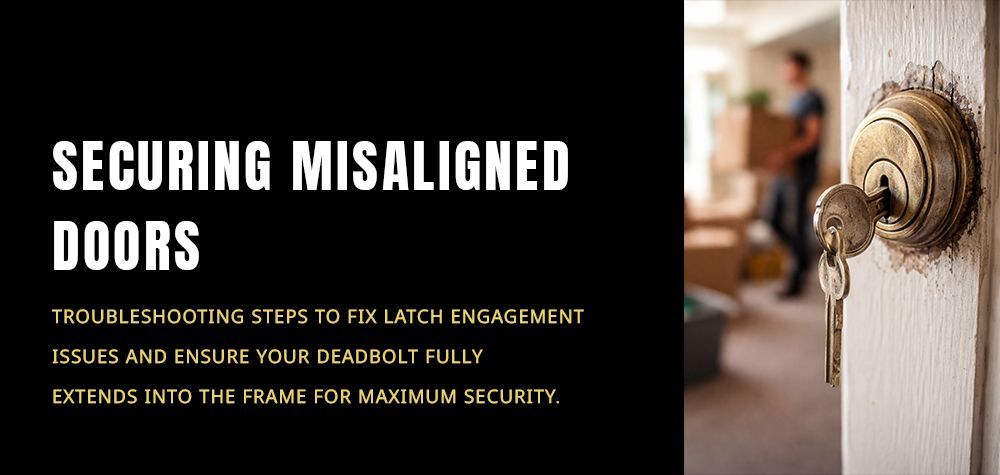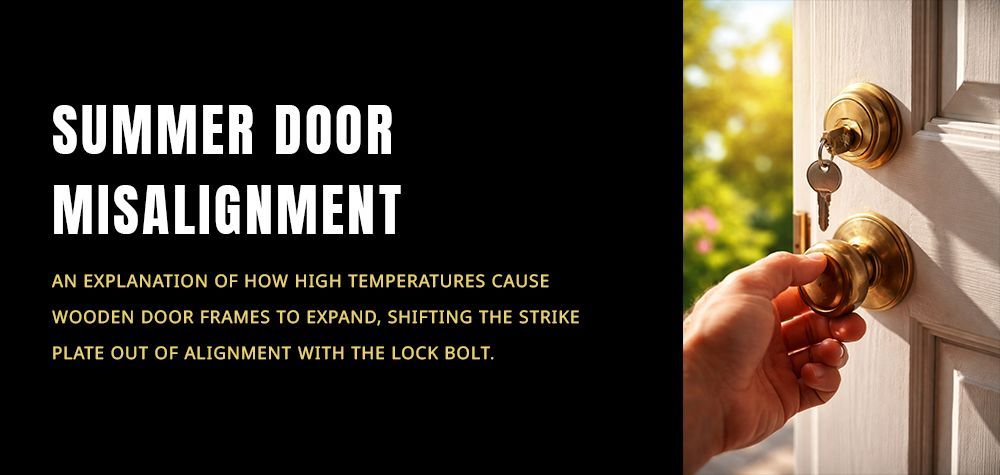Why Regular Lock Maintenance is Important?
Regular lock maintenance is essential for ensuring the security and functionality of your locks. Over time, locks can accumulate dirt, dust, and debris, leading to decreased performance and potential security vulnerabilities. By routinely cleaning and lubricating your locks, you can prevent these issues and ensure smooth operation. Additionally, regular maintenance allows you to identify any signs of wear or damage early on, allowing for timely repairs and avoiding costly replacements. With proper maintenance, you can prolong the lifespan of your locks and maintain the security of your home or business.
Preventing Costly Repairs
One of the key benefits of regular lock maintenance is preventing costly repairs down the line. Neglected locks are more prone to malfunctions, such as jamming or key breakage, which can require expensive repairs to fix. By conducting regular inspections and maintenance tasks, such as cleaning, lubricating, and tightening screws, you can catch potential issues early and address them before they escalate. This proactive approach not only saves you money on repairs but also ensures that your locks remain in optimal condition, providing reliable security for your property.
Dive in to read about Changes in Temperature effect the Locks!
Enhancing Security Measures
Regular lock maintenance is an integral part of any comprehensive security strategy. Well-maintained locks are more resistant to tampering and forced entry attempts, enhancing the overall security of your home or business. By keeping your locks clean, lubricated, and in good working condition, you can deter potential intruders and protect your property and belongings. Additionally, regular maintenance allows you to address any security vulnerabilities promptly, such as loose screws or damaged components, ensuring that your locks provide the level of security you need.
Extending Lock Lifespan
Locks are an investment in the security of your property, and regular maintenance can help maximize their lifespan. Over time, exposure to the elements and regular use can take a toll on locks, causing them to wear out and deteriorate. However, with proper maintenance, you can mitigate these effects and prolong the lifespan of your locks. By cleaning away dirt and debris, lubricating moving parts, and addressing any signs of wear or damage, you can keep your locks functioning smoothly for years to come.
Ensuring Smooth Operation
Routine lock maintenance is key to ensuring that your locks operate smoothly and reliably. Over time, dirt, dust, and debris can accumulate inside locks, causing them to become stiff or difficult to operate. By regularly cleaning and lubricating your locks, you can keep them functioning smoothly, preventing issues such as key sticking or lock jamming. This ensures that you can easily access your property when needed and reduces the risk of lockouts or other frustrating issues.
Peace of Mind
Regular lock maintenance provides invaluable peace of mind, knowing that your property is secure and protected. By taking proactive steps to maintain your locks, you can minimize the risk of security breaches and ensure that your home or business remains safe and secure. With well-maintained locks, you can rest easy knowing that your property and belongings are protected against unauthorized access and potential threats.
Simple Maintenance Tips
Maintaining your locks doesn't have to be complicated. Simple tasks such as regularly cleaning your locks with a soft brush and mild detergent can help remove dirt and debris. Additionally, applying a silicone-based lubricant to keyholes and moving parts can help keep your locks operating smoothly. Periodically inspecting your locks for signs of wear or damage, such as loose screws or rust, can also help identify potential issues early on.
Professional Lock Maintenance Services
For comprehensive lock maintenance, consider hiring a professional locksmith. Locksmiths have the expertise and tools to inspect, clean, lubricate, and repair all types of locks, ensuring optimal performance and security. They can also provide valuable advice on security upgrades and recommend high-quality locks to enhance your property's protection. By investing in professional lock maintenance services, you can enjoy peace of mind knowing that your locks are in good hands.
Conclusion
Regular lock maintenance is essential for ensuring the security, functionality, and longevity of your locks. By incorporating simple maintenance tasks into your routine and investing in professional services when needed, you can protect your property and enjoy peace of mind knowing that your locks are in optimal condition. Don't wait until it's too late – start incorporating lock maintenance into your regular home or business maintenance routine today
Call Us Any Time!


